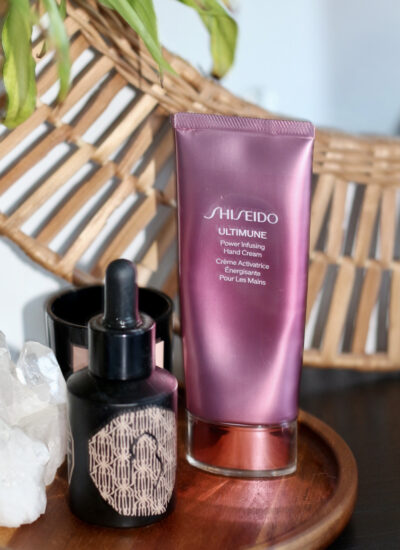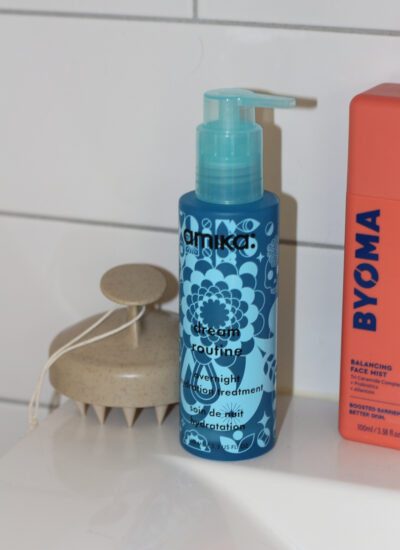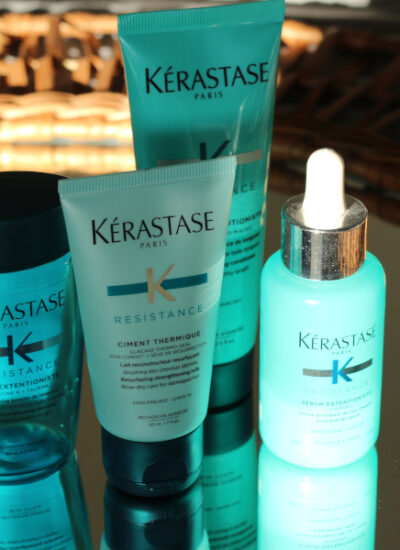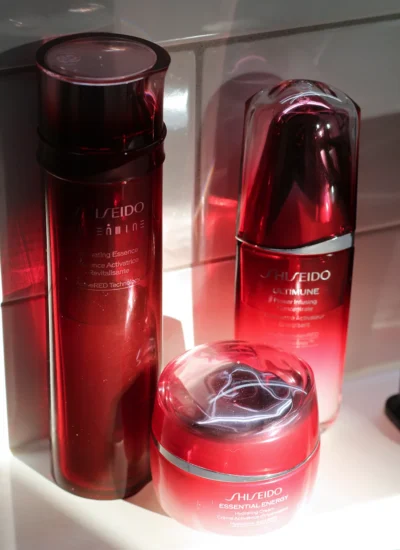
Whether you get an occasional pimple or it’s an everyday thing, you are probably familiar with spot-sticks.
If you’re not, I can shortly describe it as a zit zapping blemish attacker that will treat it by killing bacteria and drying it out.
In the picture above are some of which I’ve tried out, and to tell you the truth most of them are rubbish and unhygienic. I won’t go through brand to brand, but inform you of what to look into when choosing your secret weapon for spot treatments and which ones you should run away from.
Stay away from roller balls
It took me about a week to see all the crap inside from rolling the spot-stick directly on my face. Doesn’t matter if you’ve just cleansed your face or the product’s got alcohol in it, it will trap acneic bacteria and spread it.Use a cotton swab instead.
Take care with topical steroids
Topical steroids are often prescribed for medical skin conditions such as acne, dermatitis and rosacea. Used correctly, they’re brilliant for treating conditions that nothing else will treat. However, it can have nasty side effects if used incorrectly. Many suffer from topical steroid withdrawal symptoms after prolonged use, causing symptoms worse than the original condition in the first place. If you must use topical steroids, stick to the dosage recommended by your doctor.
Let’s stick to spirits in our drinks
Not all people are sensitive to this ingredient but that doesn’t mean it’s good for your skin. Alcohol is drying to our skin and can cause itching and irritation. I’ve noticed that the products that contain alcohol somewhere in the beginning of the ingredient list dry out and aggravates my pimple more. In fact, in most cases, the pimple has gotten larger. This applies to toners and other skincare too! But there are good and bad alcohols which I’ve listed down below.
Good Alcohols:
Cetyl Alcohol, Stearyl Alcohol, Cetearyl Alcohol, Myristyl Alcohol, Behenyl Alcohol, and vitamin-based alcohols.
Bad Alcohols:
Alcohol, SD alcohol, Alcohol denat., Benzyl alcohol, Methanol, Ethanol, Isopropyl alcohol, and Ethyl alcohol
Salicylic Acid, Benzoyl Peroxide, Sulfur?
Which one’s the best & what do they do?
Salicylic Acid
Works by exfoliating and dissolving dead skin cells to unclog clogged pores. It’s the most popular one ingredient to use in anti-blemish skincare, because it is affective. It has a soothing, calming effect on skin and has anti-inflammatory properties. It’s a type of Beta Hydroxy Acid (BHA) and is naturally found in Willow bark (Salix Alba), Aloe Vera and unripe fruits and vegetables. But in most skincare it is synthesized.
Treats: both mild and severe acne.
Benzoyl Peroxide
This one is a powerful chemical, it kills bacteria and is often used in combination with antibiotics when treating acne. It is very drying and can cause skin can peeling and redness. You’ve probably seen it under the name Basiron.
Treats: All kinds of acneic forms (blackheads, whiteheads, cysts). Severe acne.
Sulfur
It’s like Salicylic Acid and Benzoyl Peroxide had a baby but is one of the mildest forms for spot treatment. It works by drying and exfoliating the skin, and it is an all natural element that’s been used for ages to treat different skin issues like dermatitis, dandruff, rosacea and warts. Sulfur will cause the skin to dry and peel, will also help reduce skin oiliness, and prevents pore blockages from forming. It acts like a sponge to draw oil out of blocked pores.
Treats: Mild case of acne and pimples.
Personal Experience
This thing is a personal thing, you should always test everything once and go after what your skin likes. In my own experience of these three is that SA is okay, it won’t treat the most severe acne, but helps keep your skin disinfected. BA I got prescribed once by a (ignorant) doctor and I’ve also used the lighter version in my younger years, it made my acne only worse and I don’t endorse the usage of it, I think it is too strong and will flip your skins natural balance.
Sulfur is new to me, the only form I’ve tested so far is the Dermalogica Concealing Spot Treatment (contains 5% sulfur) that despite the miss-matching color works really good and of these three I’ve found this one to be the most gentle and effective when used targeted. Another brand that uses Sulfur for blemishes is bareMinerals blemish remedy (3%).
Oh treemendus tea tree oil!
Most spot-sticks will actually have tea tree oil in them, but they will also have alcohol listed at the beginning of the list. Which I have a hard time understanding when Tea Tree is both anti-inflammatory and anti-fungal and works great on its own.
At first, when coming to know about Tea Tree Oil, I bought a roller ball spot-stick from Australian Bodycare, it was pretty expensive for being only 9ml, which lasted me only a month, and it also contained Alcohol Denat. on second place. It didn’t do a thing, sometimes even made my spot worse, but I felt I had to give the 100% pure oil a try, and I got to say it’s working so much better!







